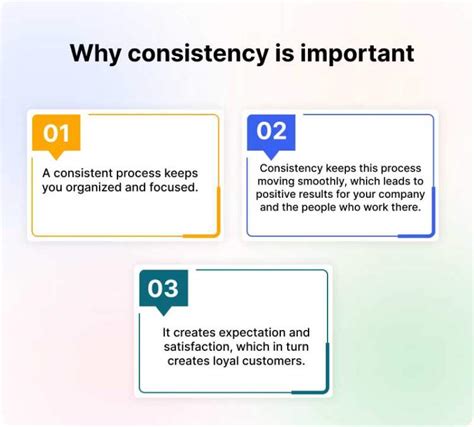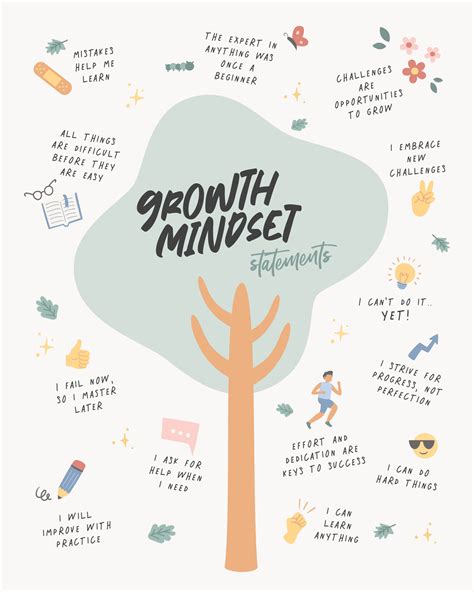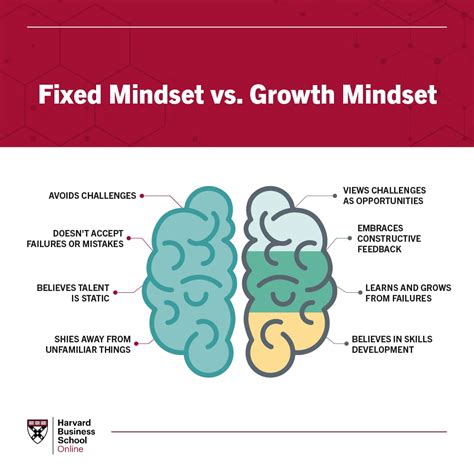Many men encounter specific roadblocks that hinder their progress: the pervasive anxiety of financial fear and the frustrating wall of fitness plateaus. Both can feel insurmountable, leading to stagnation and a sense of defeat. While external factors play a role, the most profound and often overlooked solution lies not in new strategies or complex financial instruments, but in a fundamental shift in one’s internal framework – a change in mindset.

Understanding the Roots of Fear and Stagnation
Financial fear often stems from a scarcity mindset, a belief that resources are limited and security is precarious. This can manifest as an unwillingness to invest, an inability to save, or constant worry about future uncertainties. Similarly, fitness plateaus frequently arise from a fixed mindset, where one believes their physical capabilities are inherent and unchangeable, leading to frustration when progress slows. The fear of failure, comparison with others, and a lack of belief in one’s adaptability are common threads linking both challenges.
The Power of a Growth Mindset
The cornerstone of overcoming these hurdles is embracing a growth mindset, a concept popularized by Dr. Carol Dweck. Instead of viewing abilities and intelligence as fixed traits, a growth mindset sees them as malleable, capable of developing through dedication and hard work. For finances, this means seeing setbacks not as definitive failures, but as learning opportunities to adjust strategies, seek advice, and improve financial literacy. In fitness, it transforms a plateau from a barrier into a signal to modify training, explore new exercises, or refine nutrition.

Action Over Perfection: Embracing Consistent Progress
Often, men fall into the trap of waiting for the “perfect” moment or the “perfect” plan before taking action. This pursuit of perfection is a significant inhibitor. A crucial mindset shift involves prioritizing consistent, imperfect action over idealistic inaction. In finance, this could mean starting with small, regular savings or investments rather than waiting for a large sum. For fitness, it’s about committing to regular workouts, even short ones, and making incremental changes to diet, rather than aiming for an unsustainable, drastic overhaul. Small, consistent efforts compound over time, leading to significant results.

Reframing Challenges as Opportunities
When faced with a financial downturn or a fitness plateau, the natural inclination is often to feel defeated. The mindset shift here involves reframing these challenges. A financial setback becomes an opportunity to review spending habits, diversify income streams, or deepen understanding of market dynamics. A fitness plateau becomes an opportunity to assess recovery, technique, or nutritional intake, leading to more intelligent training and a stronger, more resilient body. This perspective transforms obstacles into valuable data points for growth.
Building Resilience and Long-Term Vision
Conquering both financial fear and fitness plateaus requires resilience – the capacity to recover quickly from difficulties. This is nurtured by a long-term vision. Instead of focusing solely on immediate gratification or short-term gains, a powerful mindset shift involves understanding that true success is a marathon, not a sprint. Financial security is built through years of disciplined saving and smart decisions; peak physical condition is maintained through sustained effort and adaptation. Cultivating patience and a persistent drive towards a distant but clear goal is paramount.

Ultimately, overcoming financial fear and fitness plateaus is less about finding new external solutions and more about cultivating an internal paradigm shift. By adopting a growth mindset, prioritizing consistent action over elusive perfection, reframing challenges as opportunities, and fostering resilience with a long-term vision, men can not only conquer these specific hurdles but also unlock broader potential for success and well-being in all areas of life.





